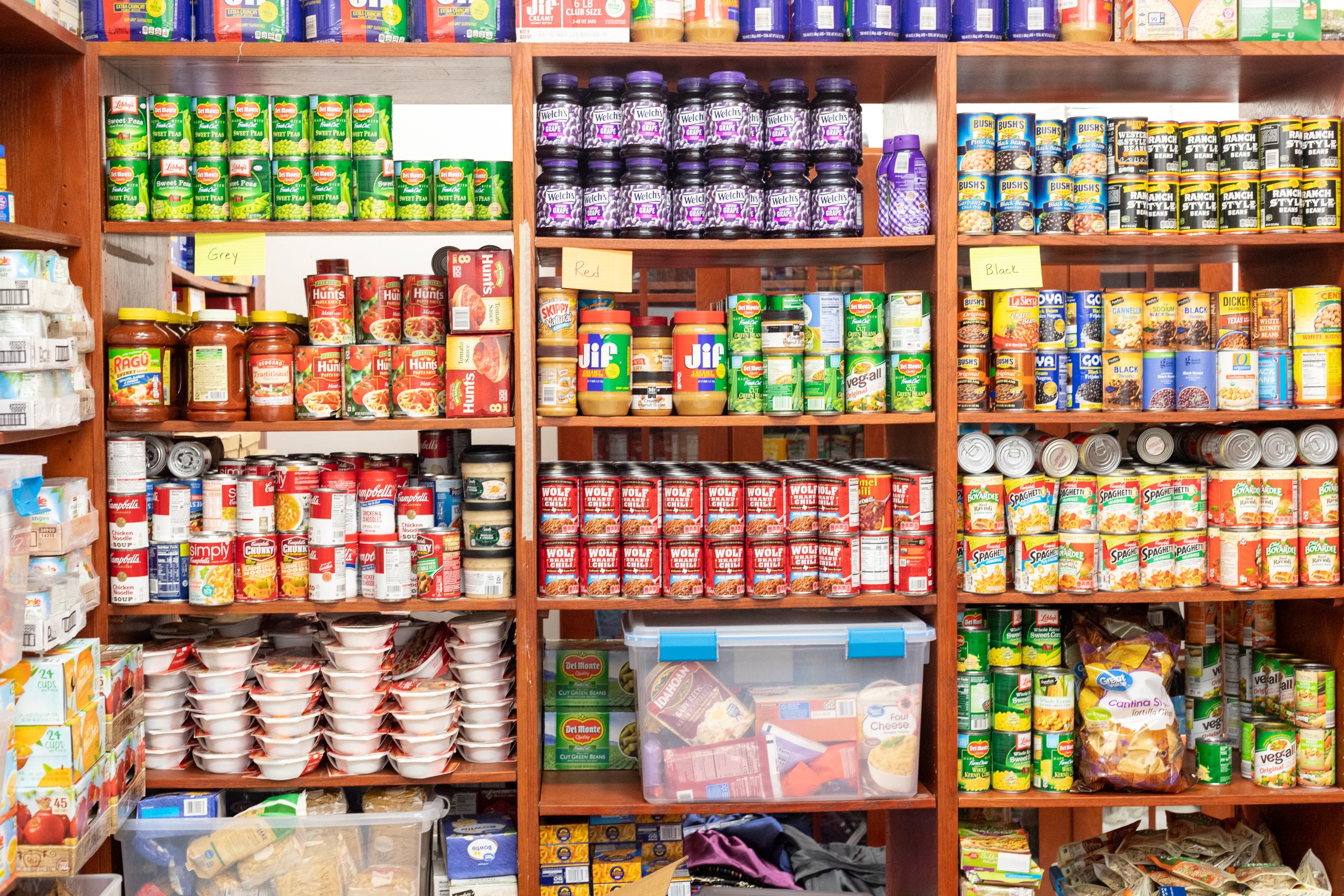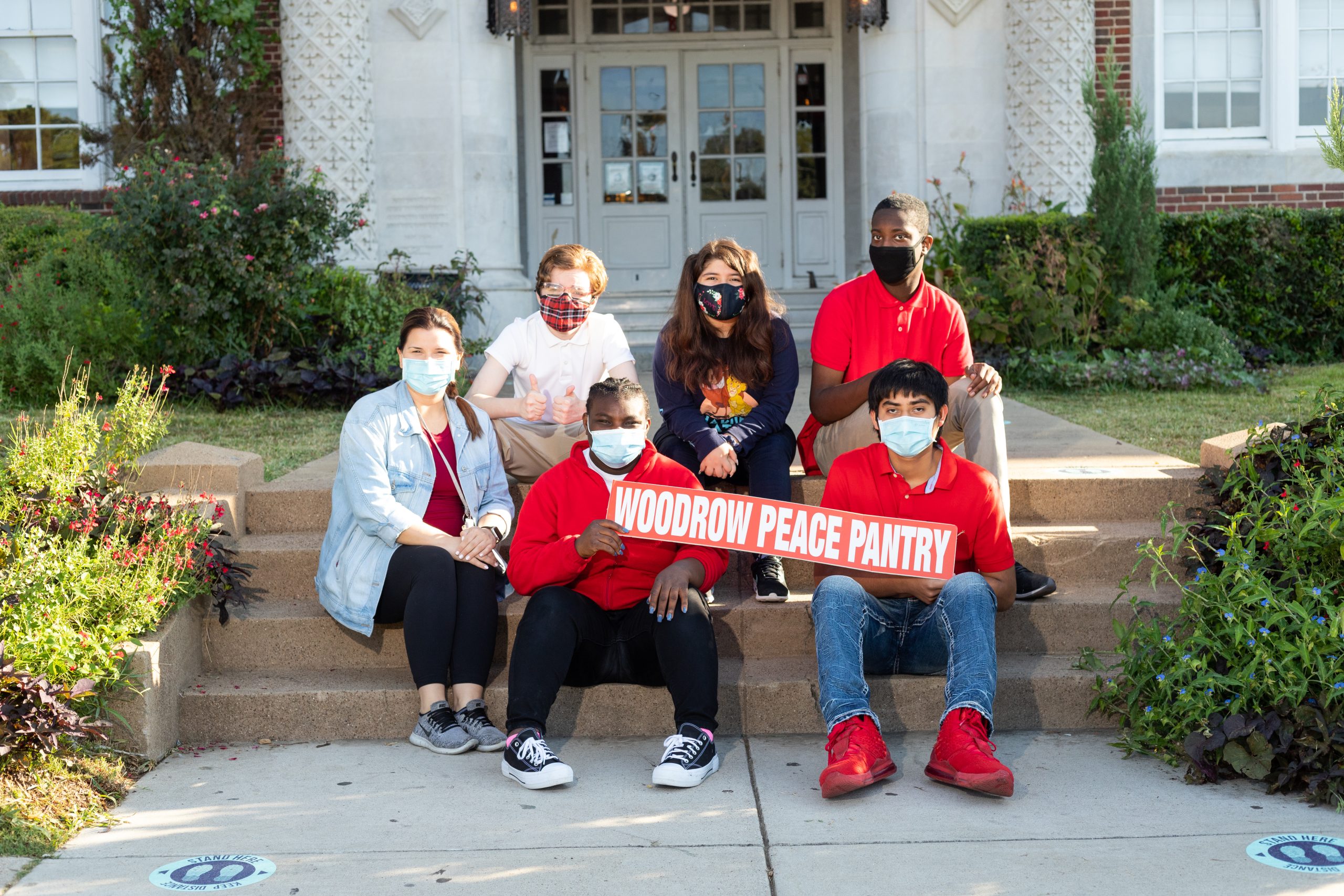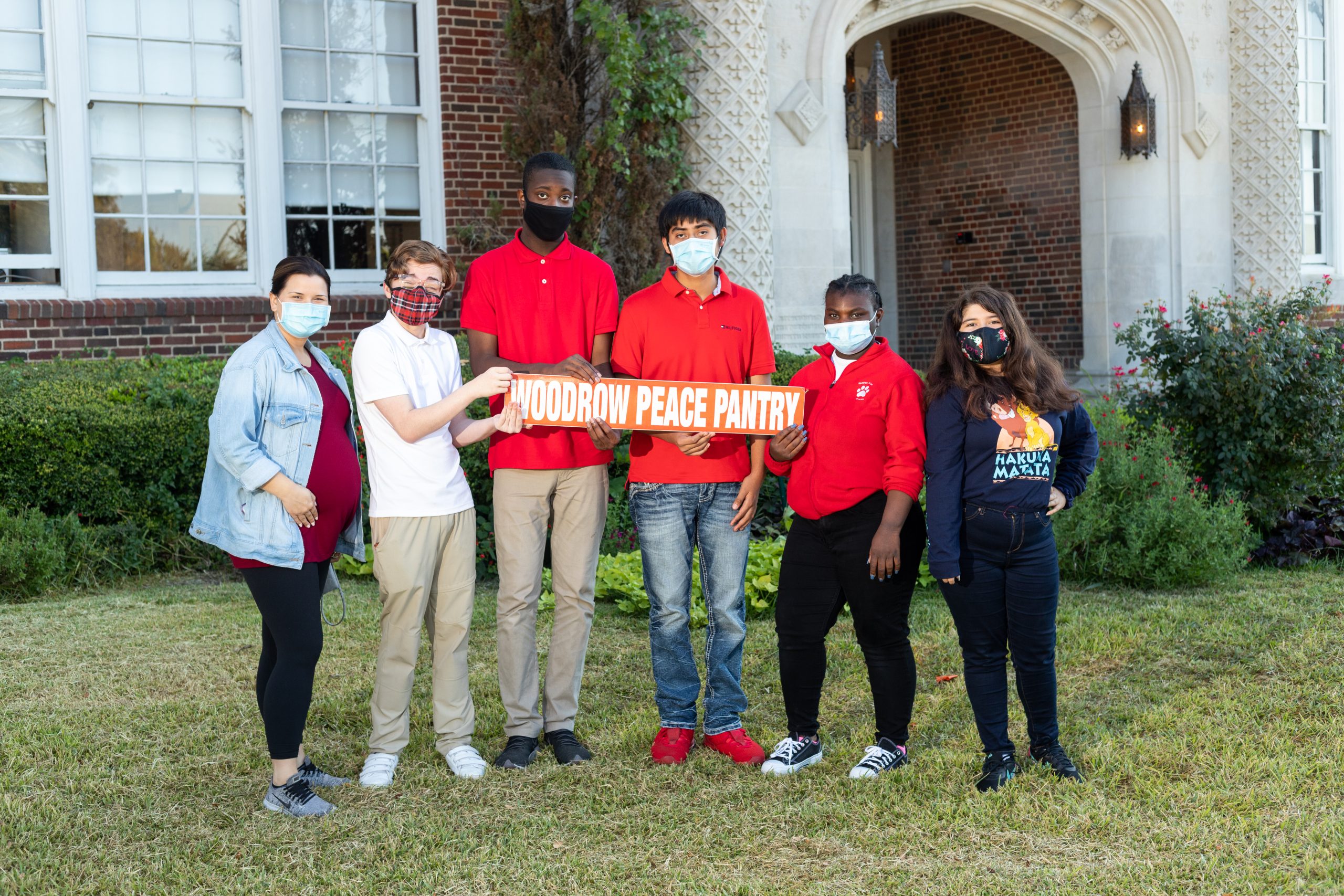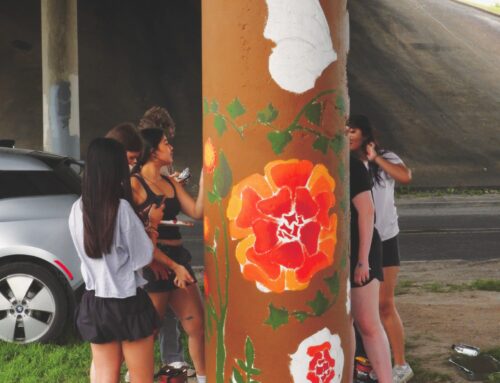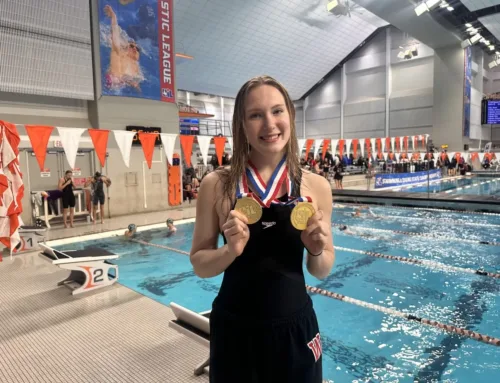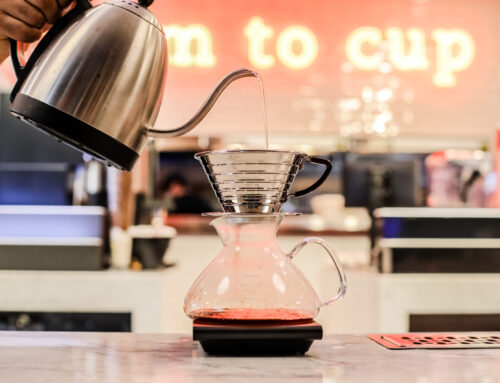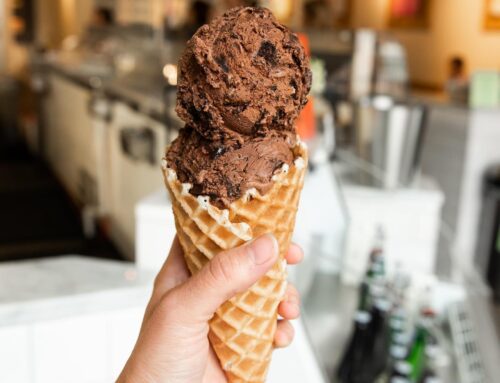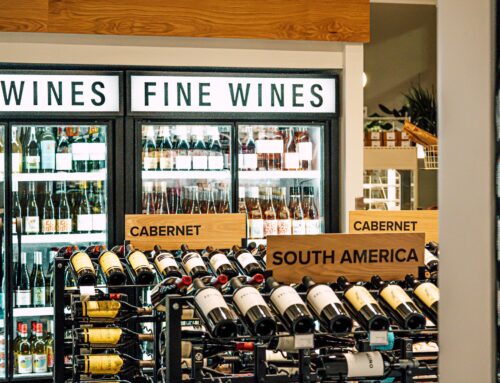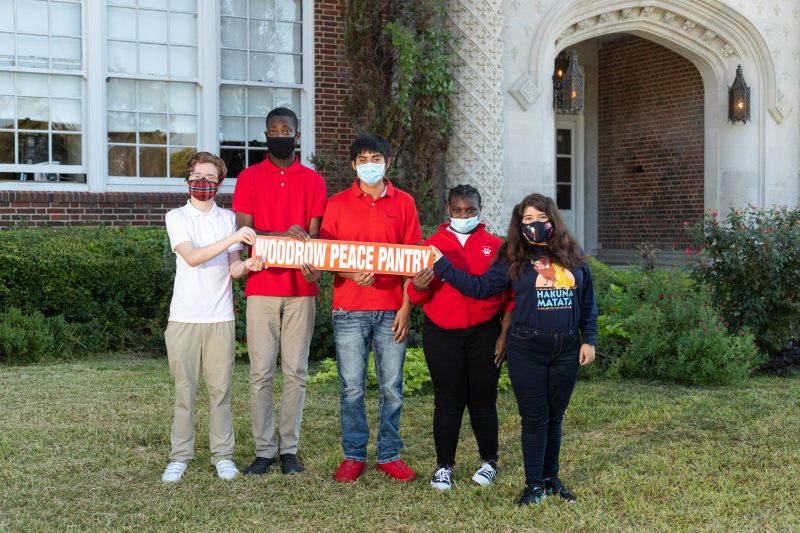
Photography by Jessica Turner.
The Woodrow Community Peace Pantry had been providing uniforms and food to students at the high school for years. Leaders had even formed a nonprofit and opened pantries at J.L. Long Middle School, four elementary schools in the feeder pattern and a few schools outside the community. All of that was possible because the nonprofit’s volunteers could access the pantry to sort donations and assemble bags for students who needed them. But when the pandemic emerged, visitors weren’t allowed on campus.
One Woodrow teacher and her class saw an opportunity to help.
“It saved our pantry because we weren’t allowed in the building,” says Kippy Clapp, who manages the pantry.
The teacher, Amber Duke, volunteered her functional living skills students to take the lead on managing the pantry. In the past, they helped out occasionally, including by organizing clothes. But the pandemic provided Duke the opportunity to make the pantry part of the students’ curriculum.
“They are focusing on work skills, things that’ll help them in their future that aren’t necessarily academic but work-related so that they can hold jobs,” Duke says.
Four to six students spend 30 minutes in the pantry each day. They take inventory using a Google form. They stock, organize and clean shelves. They wash and fold clothes. They help put together backpacks that are distributed to students once a week. And when items are running low, the class takes a trip to Walmart to replenish supplies.
“I didn’t realize how much the moms were doing behind the scenes until they weren’t able to come in,” Duke says.
In addition to teaching the students practical life skills, working in the pantry gives them a chance to get out of the classroom and feel a little less isolated. Initially, some of the students didn’t understand the significance of the bags they were assembling. Once they realized they were making them for someone else, the work in the pantry became unique. It is unlike many other tasks the students are asked to complete, which are often just ways to practice various skills, such as filing.
“The pantry just creates opportunities where they can give back to the community,” Duke says. “They can feel a part of the community.”

